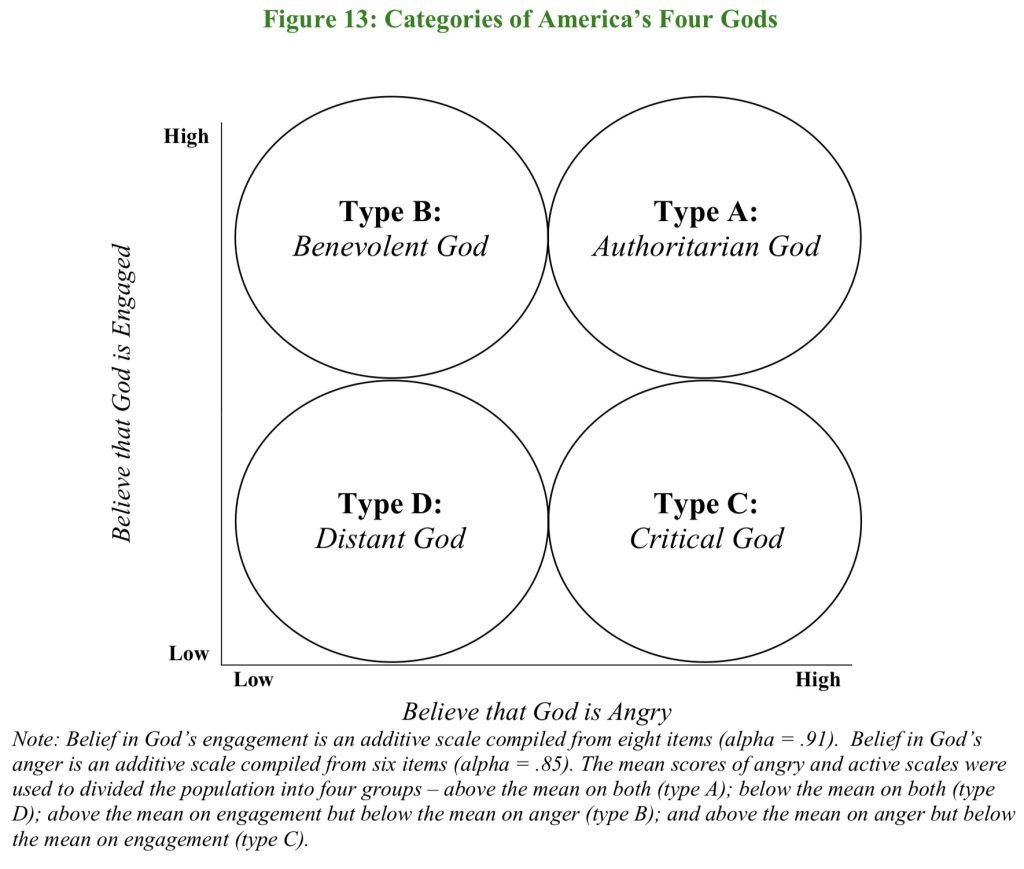What do children do?
While there is so much to cover in the next segment of the Sermon on the Mount, I think that is the first essential question we need to reflect on. Jesus continues saying:
You have heard that it was said, ‘You shall love your neighbor and hate your enemy.’ But I say to you, Love your enemies and pray for those who persecute you, so that you may be children of your Father in heaven; for he makes his sun rise on the evil and on the good, and sends rain on the righteous and on the unrighteous. For if you love those who love you, what reward do you have? Do not even the tax collectors do the same? And if you greet only your brothers and sisters, what more are you doing than others? Do not even the Gentiles do the same? Be perfect, therefore, as your heavenly Father is perfect.
Matthew 5:43–48 (NRSV)
Like I said, there is a whole lot to cover there.
For some people, I know that final sentence destroyed their faith. The demands of perfection combined with the compounding shame of their own imperfection was too much to bear. But before we fully understand what Jesus is saying in those words, we need to understand the surrounding context.

What Do Children Do?
I think the best place to start, is asking what children do? Why does my mom say, “You are your father’s son?” Or when a friend meets my dad for the first time, how do they know who he is before an introduction? There is more to it than genetics because I mirror my dad in both appearance and action.
The other night I got into the car and happened to catch a glimpse of my forehead in the rear view mirror. While my hair is typically filled with glue like product, I was on my way to the barber. So right before jumping in the car I washed my hair and left it unstyled. When I caught that glimpse of me, it did not look like me. Instead, I saw my dad.

It is not all that uncommon of an experience for me. I had the same response the first time the grey on my chin really popped out. It also happens as I catch my reflection in a pane of glass while walking down the street. There are innumerable moments where I cannot deny that I am my father’s son.
And it is not just the physical similarities between us. We have the same speech patterns. A similar laugh. We gesticulate the same way. Our sense of humor is nearly identical. My responses are often sharp and to the point, just like his. I inherited my temper from him, and my compulsion to be right.
It Is More Than Biology
But those last two are not unique to my biological father and I. Rather, it is a very common trait amongst American men, especially those of European descent. That is because we all have the same archetypal father, the Roman god Saturn. While Saturn started out as the god of agriculture and generativity who helped create early Roman civilization, he ultimately became a tyrant like his father, Uranus. The same is true of Saturn’s son, Zeus.
Jungian psychologist and author James Hollis writes,
“Most men through history have grown up under the shadow of Saturnian legacy. They have suffered from the corruption of empowerment, driven by fear, wounding themselves and others. Modern men may feel there are no alternatives, that Saturn’s legacy is the only game in town.”
Under Saturn’s Shadow: The Wounding and Healing of Men, 11 (affiliate)
All of this imaging, reflection, mimicking, and mirroring is what Jesus gets at when he says, “so that you may be children of your Father in heaven.” This is not about being good so God will love you, this is about being like the god you know.
What Is Your God Like?
So what is the god you know like?
In 2005, sociologists at The University of Baylor conducted the first in a wave of studies on American religious belief. They concluded that American’s held five general perceptions of god:
- authoritarian (31.4%)
- benevolent (23%)
- distant (21.4%)
- critical (16%)
- atheist (5.2%)
The first four of these view map out on a graph where the x-axis indicates how angry god is, and the y-axis focuses on god’s engagement with the world.

This means that 31.4% of Americans in 2005 believed in an engaged and angry god. So if these people are children of their father in heaven, they will be engaged and angry.
Back in 2005, while responding to this study, I argued in a two-faced god, one who was both authoritarian and benevolent. Guess what? I lived a two-faced life.
This is why I believe there is no more important question someone studying the Bible can ask than, “Who is the God Jesus calls Father?” I actually wrote my entire dissertation on this one question, because I realized my life reflected the god I believed in, and I did not like the man I saw in the mirror.
So, what is God like?
The Series
This post is part of an ongoing series. Link here for a list of every episode in this series.